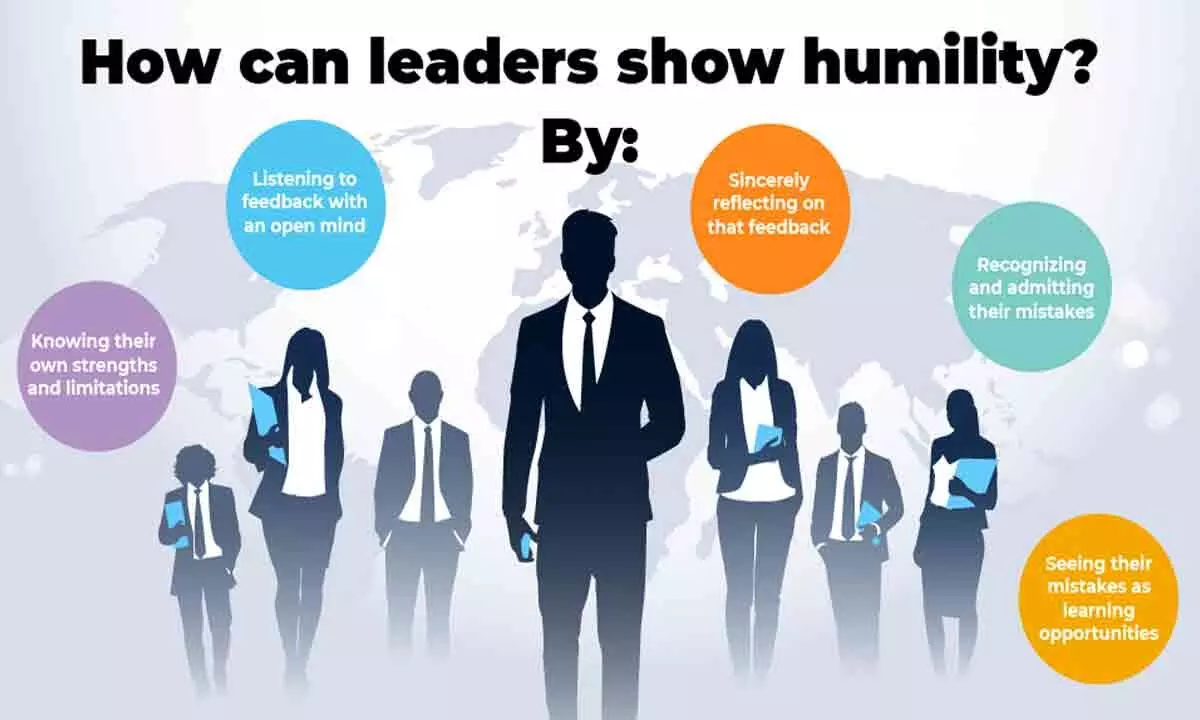Cultivating leadership mindset among students

In the realm of education, the preparation of students for leadership roles requires a holistic and multifaceted strategy.
In the realm of education, the preparation of students for leadership roles requires a holistic and multifaceted strategy. Institutions worldwide recognize the importance of cultivating critical thinking, effective communication, and a global perspective. This article explores how educational environments, irrespective of the institution's name, are integrating specific courses, promoting a global outlook, going beyond conventional learning, and connecting students with experienced leaders to develop essential leadership skills.
Fostering critical skills
Many educational institutions prioritize the development of critical skills such as critical thinking and effective communication. Public speaking, a fundamental aspect of effective communication, is often integrated into the curriculum.
Some schools dedicate specific periods each week to public speaking, encompassing not only the art of delivering speeches but also engaging students in vocabulary-building exercises. Participation in external competitions, debates, and discussions further hones these skills, encouraging students to articulate thoughts with confidence and clarity.
Promoting a global perspective
To instill a global perspective, schools often leverage morning assemblies as platforms for students to discuss and share views on national and international issues. Beyond theoretical discussions, institutions facilitate immersion programs, allowing students to experience different cultures firsthand. These programs, which may involve week-long trips to foreign schools, not only expose students to diverse cultures but also nurture adaptability, a critical trait for future leaders in our interconnected world.
Beyond conventional learning
To go beyond conventional learning, institutions implement innovative strategies. Student-led assemblies, inspired by TED Talks, empower students to take charge of information dissemination, refining organizational and leadership skills.
In addition, the formation of student councils or committees responsible for planning and executing various school programs provides hands-on experience in leadership roles. These unconventional learning approaches are designed to complement traditional classroom learning and better prepare students for real-world challenges.
Connecting with experienced leaders
Establishing connections between students and experienced leaders is a key element in leadership development. Institutions often organize parent engagement programs, inviting professionals from various fields to share insights about their careers and challenges.
These interactions serve as a bridge between academic learning and practical applications. Furthermore, arranging regular TED Talks and Masterclasses featuring industry professionals provides students with opportunities to interact with accomplished leaders, gaining invaluable insights and guidance for their own leadership journey.
In conclusion, educational institutions worldwide are adopting comprehensive approaches to prepare students for leadership roles. By integrating critical skills into the curriculum, promoting a global outlook, implementing unconventional learning strategies, and connecting students with experienced leaders, these institutions are shaping well-rounded individuals equipped to navigate the complexities of leadership in an ever-evolving global landscape.
(The author is VP Academics, Orchids The International School)














